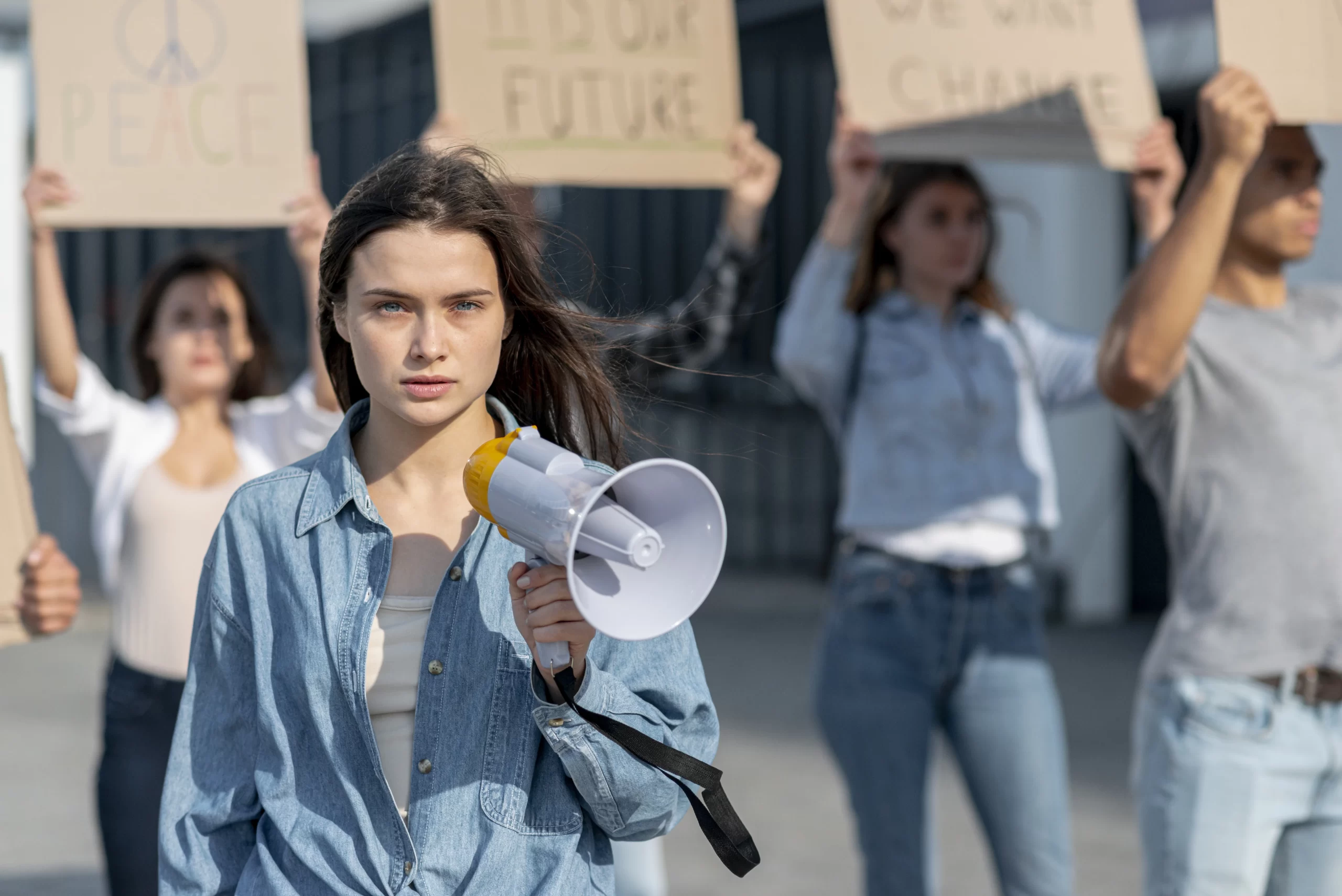Introduction
Throughout history, literature has been much more than entertainment or artistic expression. It has served as a powerful tool of protest and social transformation. Writers have used stories, poems, and plays to challenge injustices, question authority, and inspire movements that have reshaped societies.
In this article, we explore how literature has functioned as a form of protest, sparking social change and giving voice to the marginalized.
The Power of the Written Word
Words carry weight. When skillfully crafted, stories can reveal hidden truths, expose oppression, and mobilize readers toward action. Unlike speeches or protests that may be temporary, literature has a lasting impact, crossing generations and borders. Literature often provides an intimate look into the lived experiences of those denied power.
It humanizes social issues, making abstract concepts like racism, poverty, or inequality personal and urgent.
Historical Examples of Literary Protest
Harriet Beecher Stowe’s Uncle Tom’s Cabin (1852) is a seminal example. This novel exposed the brutal realities of slavery in America and galvanized abolitionist sentiment in the years leading up to the Civil War. Abraham Lincoln reportedly referred to Stowe as “the little lady who started this great war.”
George Orwell’s 1984 and Animal Farm critiqued totalitarian regimes and political corruption, warning readers about the dangers of unchecked power and propaganda.
Richard Wright’s Native Son confronted racial injustice in 20th-century America, revealing the systemic barriers faced by Black Americans.
Literature and Civil Rights Movements
During the Civil Rights Movement in the United States, literature was a catalyst for awareness and change.
Authors like James Baldwin, Maya Angelou, and Ralph Ellison used their writings to expose racism and advocate for equality. Baldwin’s essays and novels questioned America’s moral compass, while Angelou’s autobiographical works celebrated Black resilience and dignity.
These literary voices gave the movement depth and emotional resonance beyond political speeches and protests.
Global Voices of Resistance
Literature as protest is not confined to one country or culture. Around the world, writers have faced censorship, imprisonment, and exile for speaking truth to power.
Aleksandr Solzhenitsyn exposed the horrors of Soviet labor camps.
Ngũgĩ wa Thiong’o wrote against colonialism and cultural erasure in Kenya.
Arundhati Roy critiques globalization and social inequalities in India.
Their stories are testimonies of courage and resistance, proving that literature transcends borders in the fight for justice.
Modern-Day Literary Protest
Today, writers continue to use literature as a means of social activism. From climate change fiction to LGBTQ+ narratives, literature challenges prevailing systems and champions inclusivity. Movements like #OwnVoices amplify marginalized authors telling authentic stories, disrupting traditional publishing norms.
Social media also enables rapid spread of literary protest through poetry slams, flash fiction, and essays that reach global audiences instantly.
Why Literature Matters in Social Change
Stories shape empathy, broaden perspectives, and inspire action. Literature’s unique ability to connect individual experience with larger social issues makes it indispensable in movements for justice.
In a world often divided by ideology and misinformation, literature offers a space for dialogue, reflection, and understanding. It invites readers not just to witness change, but to become a part of it.
Conclusion
Literature as protest is a timeless force, wielding words as weapons against injustice. From abolition to civil rights, from anti-colonial struggles to contemporary activism, stories have sparked some of the most profound social changes in history.
By reading and supporting protest literature, we honor the voices that fight oppression and contribute to a more just and compassionate world.









